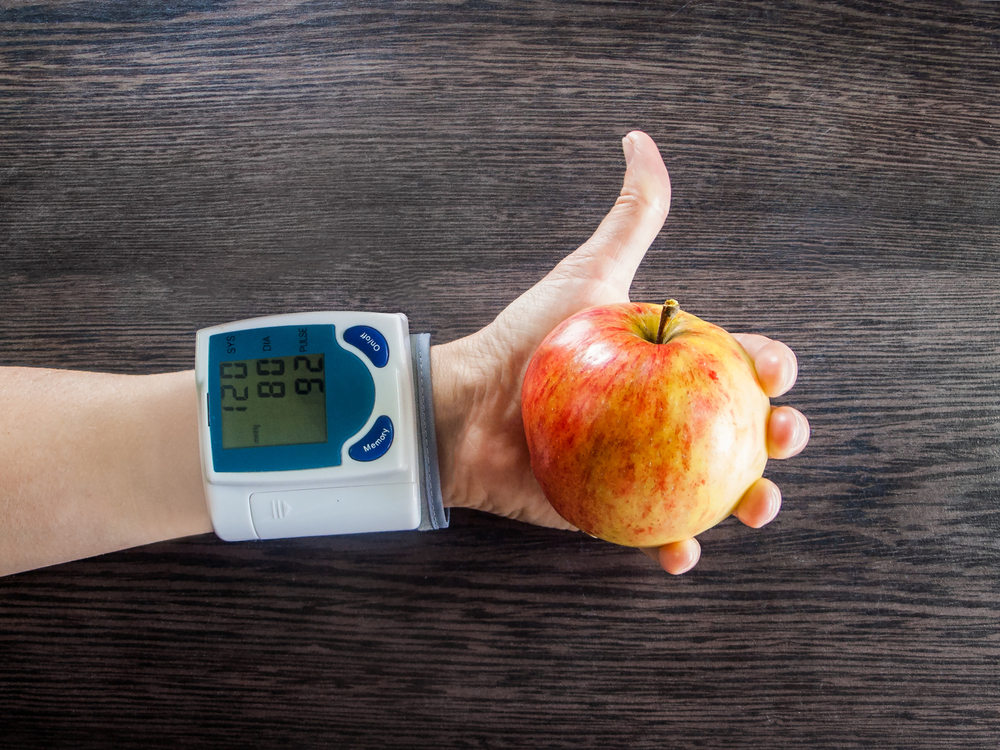
Tips for Lowering the Risk of Renal Cancer
Renal cancer, also known as kidney cancer, is a condition in which the cells of the kidneys grow into a lump, eventually giving rise to a tumor. These cells are usually known to start growing in the renal tubules. While most kidney cancers are diagnosed well before they spread, i.e. metastasize, it is also true that at times, they may grow quite large without even getting noticed. While a definite cause of kidney cancer has not yet been known, there are certain risk factors that are associated with it. These factors can be effectively controlled and managed by following a few tips and guidelines, some of which have been mentioned below:
- Maintain a healthy weight
Being overweight is known to cause several health complications, such as diabetes and cardiovascular disorders including erratic blood pressure, etc. Obesity is also known to trigger the secretion of hormones that are often linked to renal cancer in many patients. Obesity aside, if the patient is suffering from diseases such as hypertension, the medications prescribed to counter it or the disease itself are also known to be associated with kidney cancer. - Avoid smoking
Smoking, as is known by most people, plays a massive role in triggering the cancer gene. It is also known to be one of the leading causes of renal cancer. According to experts, regular smokers are more susceptible to kidney cancer than non-smokers. - Avoid certain medications
The function of our kidneys is to rid the body of excess waste, including medications. There are certain drugs that significantly increase the risk of renal cancer, some of which are diuretics, non-steroidal anti-inflammatory drugs (NSAID), and even some over-the-counter painkillers. - Keep your blood pressure in check
People with high blood pressure or hypertension are more likely to be susceptible to cancerous cells that can give rise to renal cancer. One of the fundamental functions of the kidneys is controlling blood pressure by regulating the amount of water present in the blood. However, increased blood pressure has been widely linked to renal cancer. Hence, it is important to keep checking your blood pressure from time to time, and actively prevent it from rising above normal levels. - Be aware of genetic disorders and family history
If a person has a family history of renal cancer, then they are more likely to be affected by this condition than those who aren’t. The occurrence of kidney cancer through genes, however, is rare. Those suffering from conditions such as Von Hippel-Lindau (VHL) syndrome, Birt-Hogg-Dubé (BHD) syndrome, tuberous sclerosis complex (TSC) and even conditions such as family non-VHL clear cell renal cell carcinoma (CCRCC), hereditary papillary renal carcinoma (HPRC), and hereditary leiomyomatosis and renal cell carcinoma (HLRCC) are other rare genetic risk factors of renal cancer.


